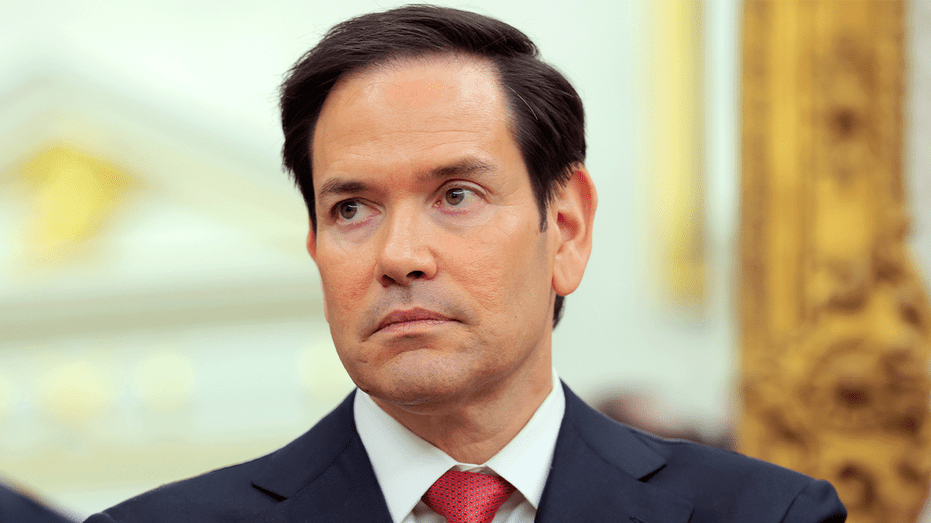Secretary of State Marco Rubio announced Thursday that he recalled the Chargé d’Affaires ad interim from Bogotá, Colombia, after what he said were “baseless and reprehensible statements from senior Colombian government officials.”
The State Department said in a release that John T. McNamara, the Chargé d’Affaires ad interim for the U.S. Embassy in Colombia, was recalled to Washington for urgent consultations regarding the “baseless and reprehensible statements from the highest levels of the Government of Colombia.”
“In addition to the recall of the Chargé, the United States is pursuing other measures to make clear our deep concern over the current state of our bilateral relationship,” the press release read. “Despite policy differences with the current government, Colombia remains an essential strategic partner,” the release continued. “We are committed to close cooperation on a range of shared priorities, including regional security and stability, and we remain engaged in efforts that improve the lives of Americans and Colombians alike.”
No further details were available regarding the diplomatic recall, though the decision comes after Colombian President Gustavo Petro accused “right-wing extremists” of plotting to overthrow him.
LEADER OF COLOMBIA SAYS TRUMP ADMIN REVOKED HIS US VISA
The Associated Press reported in May that Petro’s former foreign minister, Alvaro Leyva, accused him of being a drug “addict” for the second time in three weeks.
Leyva also reportedly published a seven-page letter on X calling for Petro to resign, alleging that the president is “dependent on substances that affect emotional and mental equilibrium.”
Petro, who was elected in 2022 and has a year left in office, denied the accusations during a speech in Bogota, in which he claimed to be a “revolutionary” who will not be “enslaved” by drugs.
HOUSE DEMS DEMAND ‘PROOF OF LIFE’ OF ABREGO GARCIA AFTER BEING DENIED MEETING IN EL SALVADOR
Leyva had previously accused Petro of being on drugs in a letter published on April 22. In the letter, Leyva said Petro “went missing” for a couple of days during a state visit in Paris, attributing the absence to purported drug use. Petro, though, said he had taken time off to visit relatives in France.
As for relations between the U.S. and Colombia, the two countries agreed in March to deploy biometric capabilities to help authorities manage migration and stop criminal activity.
The agreement came months after President Donald Trump and Petro clashed over the treatment of Colombians on deportation flights from the U.S.
RUBIO FIRES BACK AFTER DEM SENATOR SAYS HE REGRETS VOTING FOR HIM, SPARKING TENSE EXCHANGE
In January, U.S. officials sent two flights of Colombian illegal aliens back to their country of origin, though Petro rejected the flights, saying the U.S. cannot “treat Colombian migrants as criminals.”
Petro also demanded the U.S. establish protocol for the dignified treatment of migrants before his country receives them.
In response, Trump threatened to unleash a slew of punishments, including ordering a 25% tariff on all goods coming into the U.S. from Colombia. After a week, Trump added, the tariffs would rise to 50%. Trump also ordered a travel ban and visa revocations for all Colombian government officials, plus “allies and supporters.”
Ultimately, the two countries came to an agreement and deportations resumed, though Petro has urged Colombian migrants to return home.
The Associated Press contributed to this report.
Latest & Breaking News on Fox News

